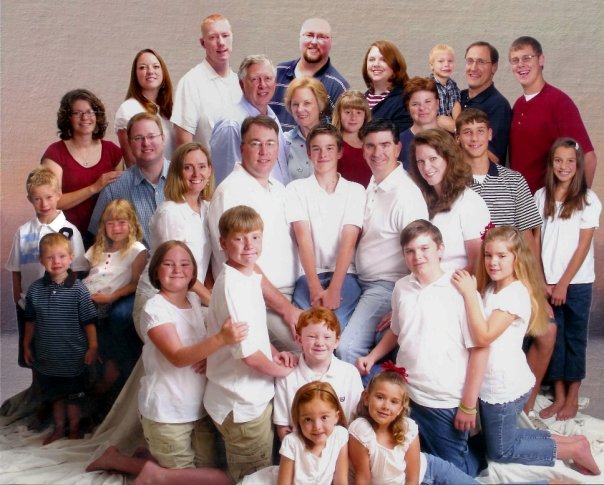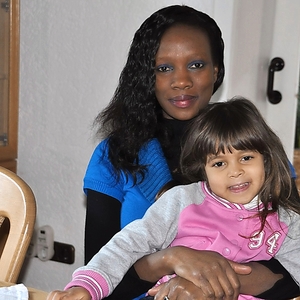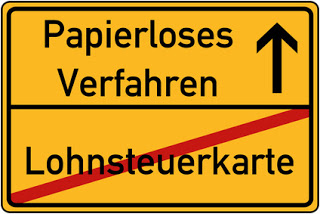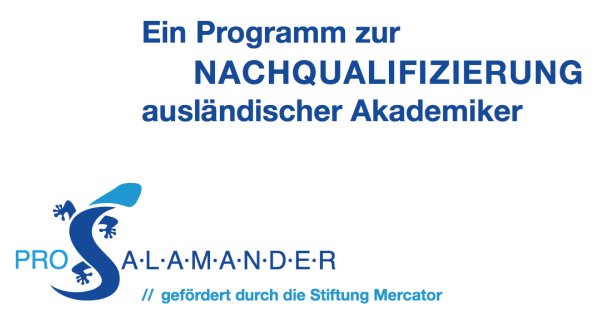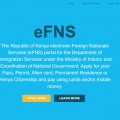Parents are entitled to supplementary child allowance (Kinderzuschlag) for each unmarried child up to age 25 if:
- They claim child benefit for the child;
- They earn at least the minimum income threshold of €900 before deductions for a couple or €600 before deductions for a single parent;
- They do not exceed the maximum income limit;
- The supplementary child allowance prevents need of assistance as defined in Book II of the Social Code.
Supplementary child allowance is limited to €140 per child (changed to €160 in July 2016). Supplementary child allowance and the €184 a month child benefit together meet the average needs of a child. At the applicable income levels, housing needs are covered by housing benefit.
If the parents’ income or assets just meet their personal subsistence level, the supplementary child allowance is paid in full.
Deduction of income from supplementary child allowance begins on reaching the assessment limit. For incomes between the minimum income limit and the assessment limit, supplementary child allowance is normally paid in the full amount.
Once the parents’ income reaches the assessment limit, the supplementary child allowance is reduced by 50 percent of the amount by which their earned income – and by 100 percent of the amount by which any other income they may have exceeds the assessment limit. The extent to which income and assets are taken into account is mostly determined as for unemployment benefit II.
Children’s income is always deducted in full from the supplementary child allowance.
From 1 January 2011, in addition to the maximum of €140 per child in cash benefit, recipients of supplementary child allowance are also entitled to seven types of education and participation assistance:
- Single-day school/daycare centre outings (actual cost)
- Multiple-day school/daycare centre trips (actual cost)
- Personal school supplies (€100 per year in total)
- Pupils’ transportation to/from school (actual cost)
- Learning support (actual cost)
- Participation in school/daycare centre communal meals (grant)
- Participation in the social and cultural life of the community, such as sports clubs and music lessons (€10 per month)
The package includes cash and non-cash assistance. The non-cash parts of the package guarantee that the assistance reaches those it is meant for, as assistance for the individual child or adolescent. The assistance is handled by a single local government agency in each area, ensuring that it is locally administered in a targeted, accessible and unbureaucratic way. This ensures that it gets to the children who need it.
Supplementary child allowance is applied for in writing from the local family benefits department.
The legal provisions are contained in the Federal Child Benefit Act (Bundeskindergeldgesetz).
If you have further questions, please contact the family benefits department at your local employment agency.
The relevant law is contained in the Federal Child Benefit Act of 28 January 2009 (BGBl. I, 142, 3177) as last amended by Article 9 of the Act dated 7 December 2011 (BGBI. I p. 2592).
Information is provided by the Federal Employment Agency’s family benefits offices (Familienkassen). This is also where applications are made. A leaflet (in German) on supplementary child allowance, “Kinderzuschlag”, is available free of charge from the Bundesministerium für Familie, Senioren, Frauen und Jugend (Federal Ministry for Family Affairs, Senior Citizens, Women and Youth), 53107 Bonn, Germany.

